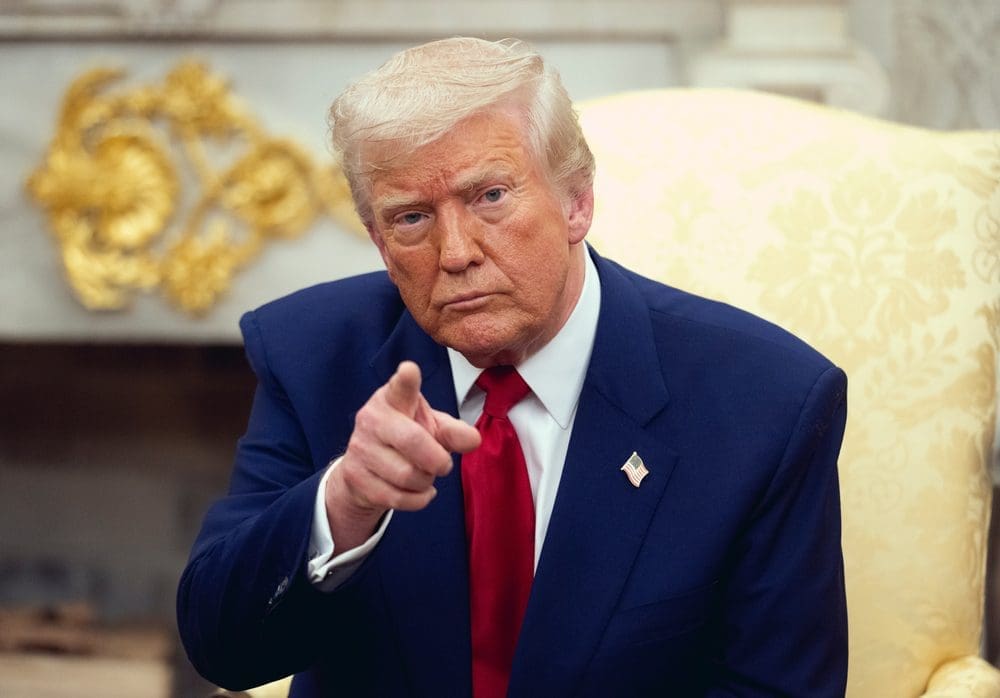
In a Truth Social post on Saturday, former President Donald Trump accused Vice President Kamala Harris’s 2024 campaign of secretly paying Beyoncé, Oprah Winfrey, and Rev. Al Sharpton millions for their endorsements, which he calls “totally illegal.”
Trump insists Harris and the celebrities “broke the law” and should face prosecution, lighting up social media and news.
Here’s a look at what Trump alleges, how campaign-finance rules actually work, and what may (or may not) happen next.
Beyoncé’s Alleged $11 Million Payday
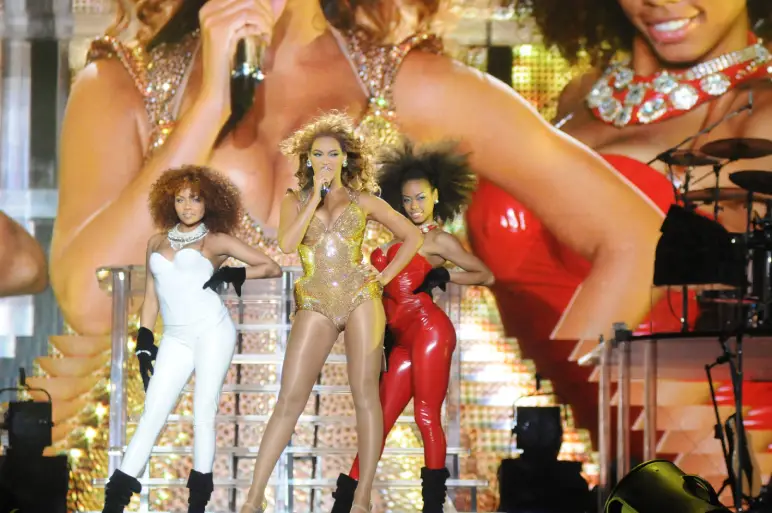
- Trump claims the singer pocketed $11 million without performing “one note.”
- Beyoncé’s representatives have previously denied similar rumors.
Oprah’s “Expenses” Question
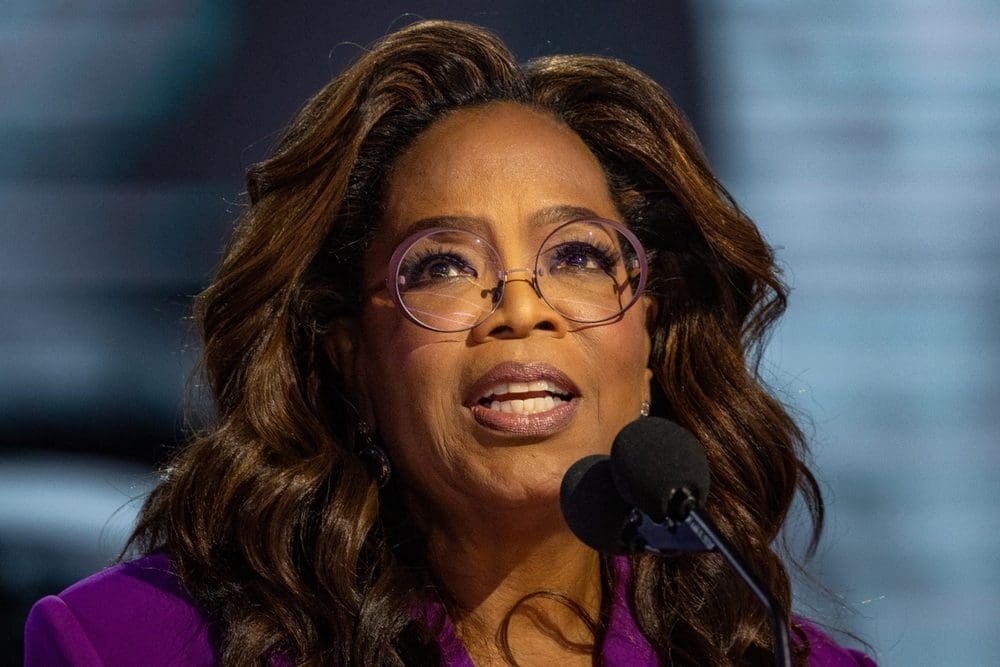
- Oprah publicly endorsed Harris in 2024 but Trump says she was reimbursed $3 million.
- The Harris campaign and Oprah’s team both say no money changed hands.
Sharpton’s TV Appearance
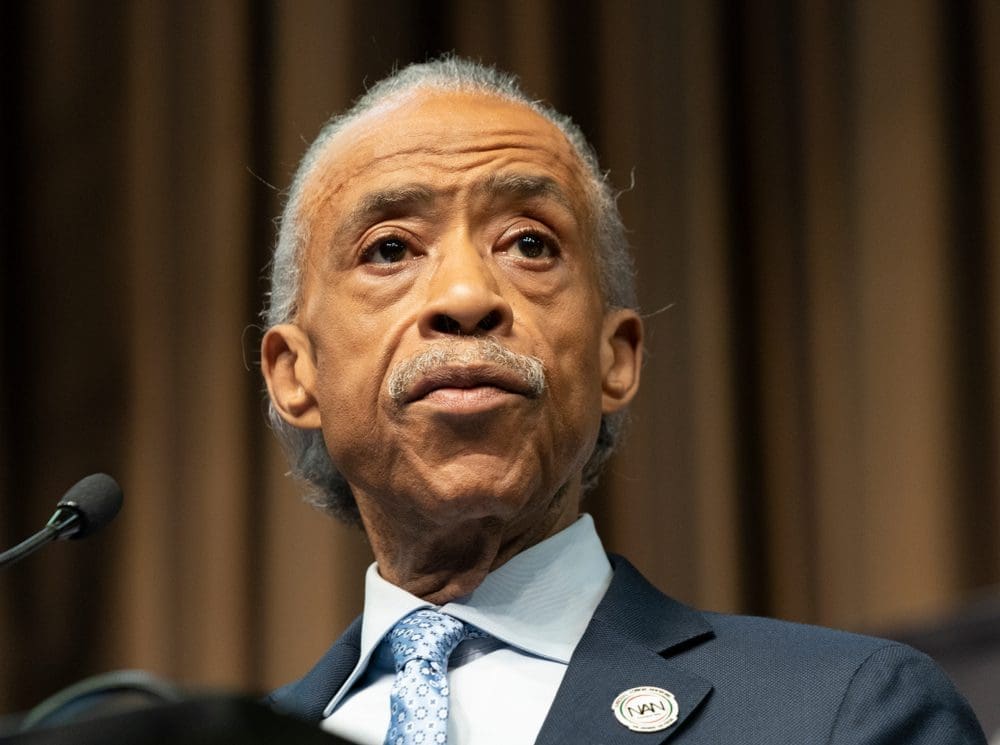
- Rev. Al Sharpton allegedly received $600,000 for a TV appearance, according to Trump.
- Sharpton responded on his MSNBC show, labeling the accusation “pure distraction.”
Trump’s Legal Claim
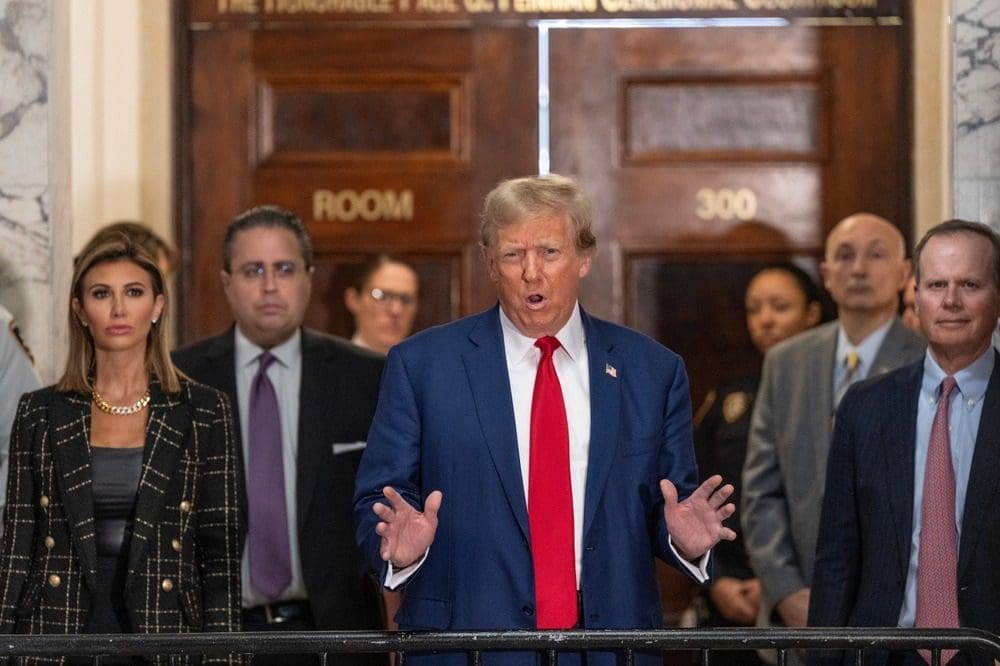
- “You are not allowed to pay for an endorsement. It is totally illegal,” Trump writes.
- He frames the alleged payments as unreported corporate contributions that are potential felonies if proven.
- The post echoes Trump’s earlier criticism of Democratic fundraising practices.
What Campaign-Finance Law Allows
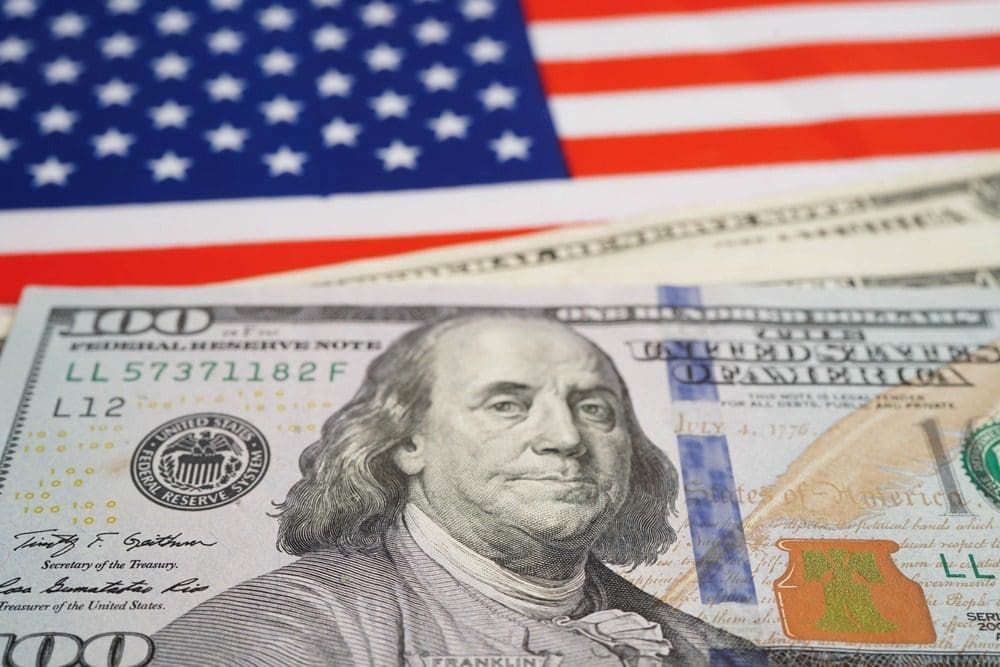
- Campaigns can pay celebrities for appearances or endorsements so long as they report the expense and attach proper FEC disclaimers.
- Illegal conduct arises only if payments are hidden, exceed contribution limits, or come from prohibited sources.
- Legal experts note that paying for services is treated like hiring staff or vendors, practices that are common and permissible.
What the Public Records Show
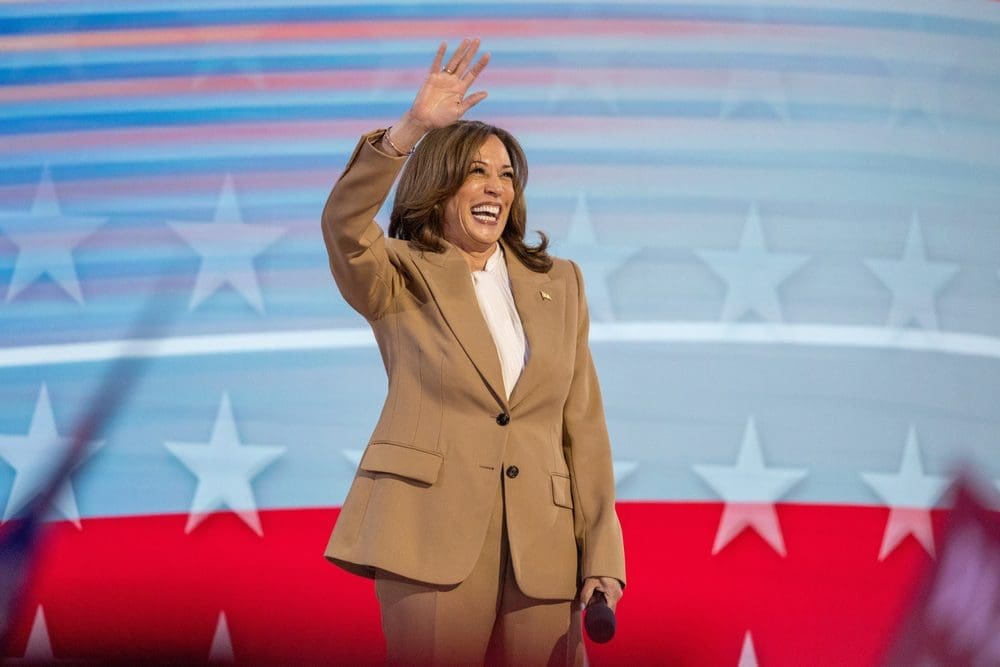
- A review of Harris 2024 FEC filings lists routine costs—staging, travel, security—but no seven-figure checks to Beyoncé, Oprah, or Sharpton.
- Watchdog site OpenSecrets and independent researchers find no evidence of the alleged disbursements.
- Any payment of that size would have been required to appear in quarterly reports filed under penalty of perjury.
Will Prosecutors Take the Case?
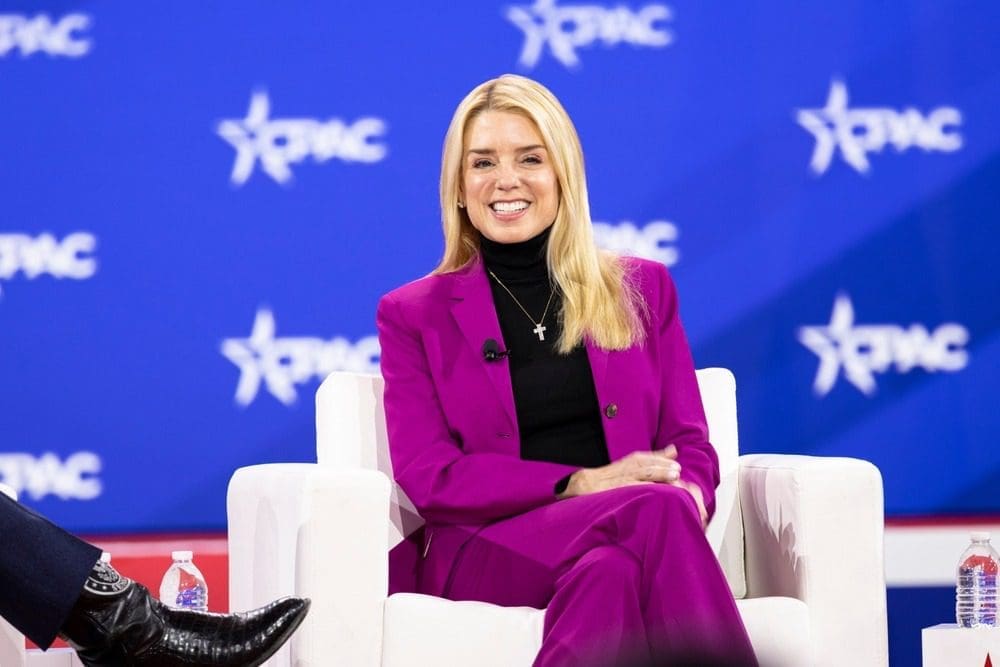
- The FEC typically handles reporting violations civilly, imposing fines rather than jail time.
- Criminal referrals to the Justice Department are rare and require clear evidence of knowing, willful misconduct.
- Without documentary proof, most election-law attorneys consider prosecution highly unlikely.
Political Context and Takeaways
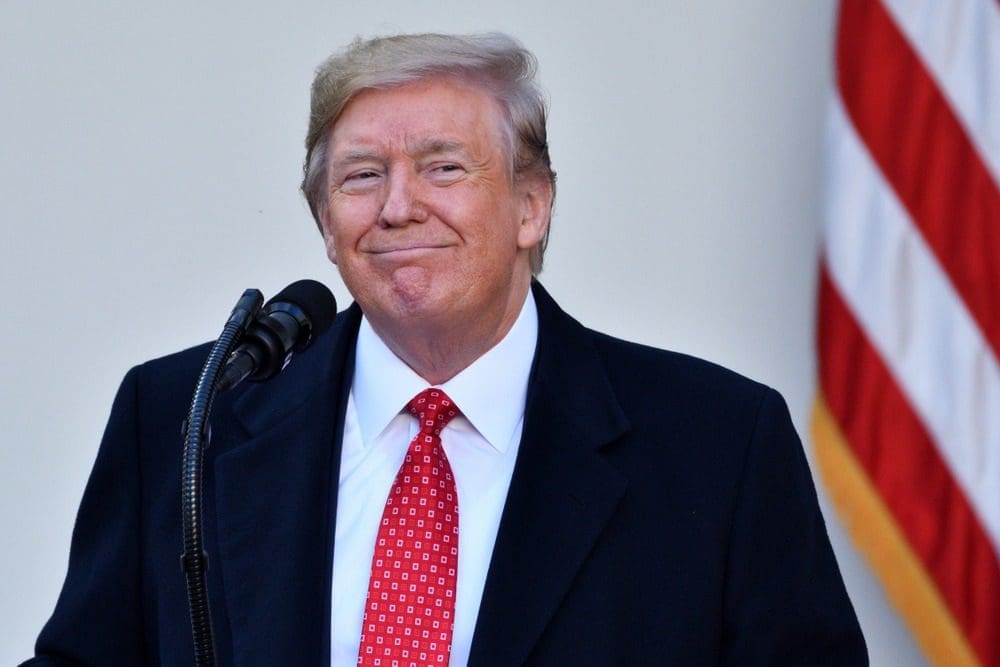
- Trump’s allegation arrived amid renewed media focus on Jeffrey Epstein documents. Some critics see the post as a political distraction.
- The president has previously used celebrity-centric claims to energize his base.
- At present, the payments remain unsubstantiated, leaving Trump’s prosecution demand more rhetoric than legal roadmap.

























